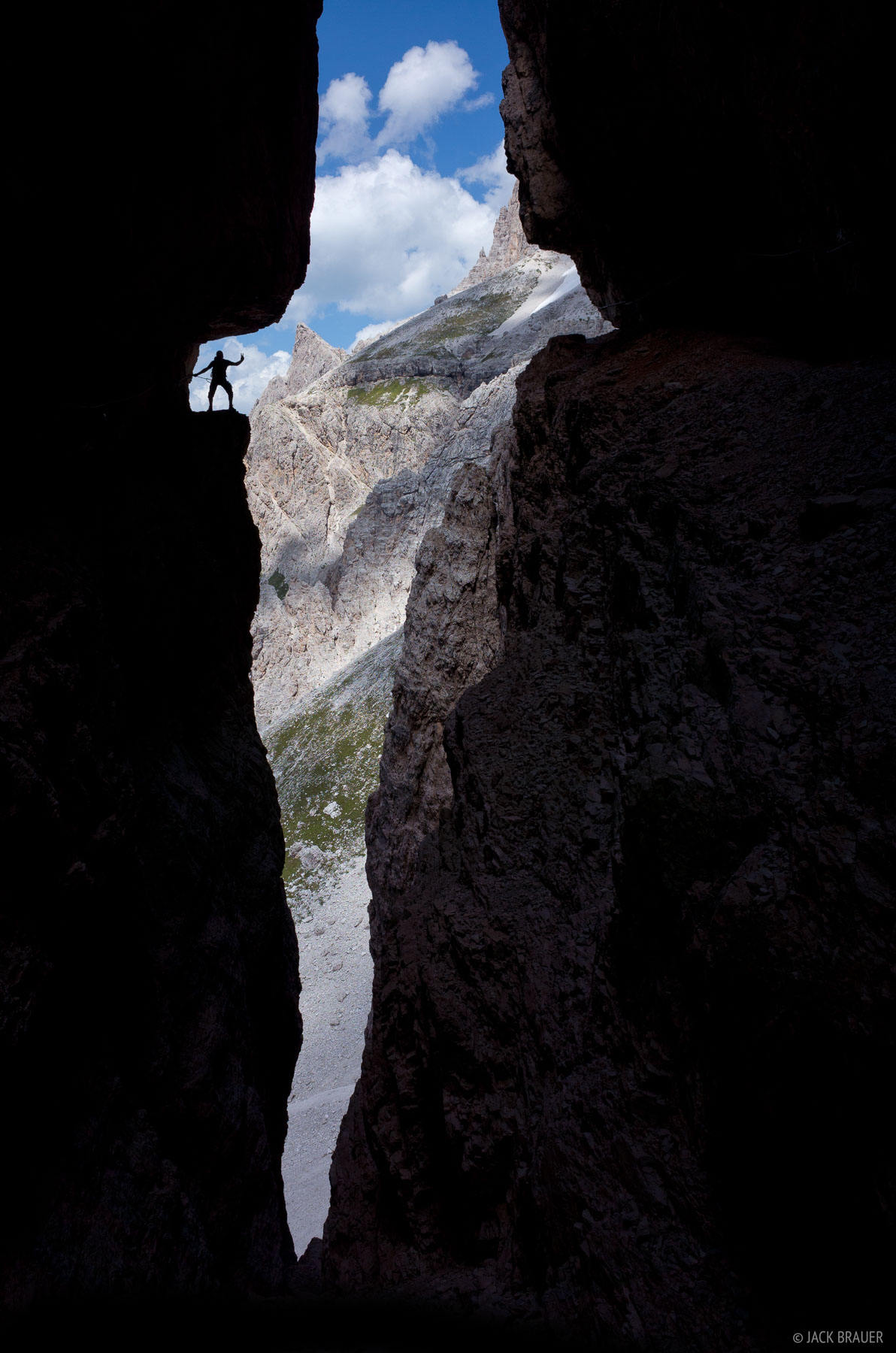To
preach on this text, I need to be honest about where I stand, honest that when
I hear this parable, I don’t feel like Lazarus.
In fact, I’m frightened that I act like the rich man, and I’m begging
God to help me grow into Christ’s likeness, who crossed from heaven to earth to
show God’s love to sinners like you and me who rejected him. So, I’m going to preach to scratch my own
itch. But, I say all this recognizing
that some people hearing this might feel like Lazarus. Pope Francis once said that every verse of
scripture is gift before it is demand, and if you do feel like Lazarus in this
story, then maybe you don’t need the demand, at least not yet. Maybe you just need to assurance of choirs of
angels celebrating your entry into heaven and embrace not just of Abraham but
of Jesus. Be assured, and now let me talk
a little to those who are frightened by this parable.
What
does the rich man do to Lazarus?
Absolutely nothing. He does
notice him, he must, because he knows his name.
He didn’t put Lazarus at his gate, he doesn’t do anything to get rid of
him. He simply does nothing. Surely he must notice that Lazarus is hungry,
or maybe after feasting day in and day out for so long, he’s simply forgotten
what hunger is like, or doesn’t even know.
He must notice the sores on his skin, or maybe after dressing in fine
clothes every day, he has no idea what it’s like for your skin to pain
you. Even the dogs try to help Lazarus
as best they can, licking his wounds with their saliva (which many elite Greeks
and Romans prized for its healing qualities).
But, the
rich man? Nothing. He sees, he even learns Lazarus’s name, but
he is completely unmoved by his neighbor’s suffering. He creates a chasm between their worlds. A chasm across which he doesn’t direct malice
– he doesn’t persecute Lazarus – it’s a chasm of complete indifference. And that’s enough. That’s enough to become permanent. If we want to be permanently separated or isolated
from any other given human, God respects our freedom enough to let us. We just can’t expect heaven to be on our side
of the chasm.
Saint
John Paul II used to love to talk about solidarity, the virtue, in fact, that
he said he most wanted to inculcate among people of his time. He defined solidarity as living out the
conviction that “we are all really responsible for all.” All really responsible for all. It’s the virtue of not constructing
chasms. Today, maybe, we also need to
recognize that it’s the virtue of recognizing that there are chasms in our
world, there are fault-lines of indifference, mistrust and hostility and
working to build bridges.
When do
we see people, but fail to see the cross they’re carrying? Abraham tells us to read scripture to help us
learn how to do this better, and maybe we’re meant to think of scriptures like
our first reading from Amos which confronts us with the rich who fail to mourn
at another’s crisis, another’s cross, and should make us ask the question of
where do we see ourselves in that? One
of my seminary professors once said that you could summarize St. Augustine’s
teaching on sin by saying “sin is not crying when someone else cuts their
finger.” Chasms of indifference. I would hope our liturgy would help us too,
where we lift up an image of the crucified, and gather around a broken body
that acts to make us whole, to gather us together. That should open us up to perceive brokenness
around us.
But, so
often it doesn’t. And it is actually
difficult to really see another’s cross, especially if they suffer from a lack
of something we have plenty of. The Constitutions
of the Congregation of Holy Cross, the rule of life for my religious family,
tell us this: “There are networks of privilege,
prejudice and power so commonplace that often neither oppressors nor victims
are aware of them… For the kingdom to come in this world, disciples must have
the competence to see and the courage to act.”
But, the
calls of prophets go so often unheeded. So,
God has gone even further. God has
fulfilled the rich man’s final extravagant request; someone has been raised
from the dead. Christ our Lord has
risen, the first fruits of those who will rise with him, and if nothing else
worked, that should give us the courage and the competence to dare to cross a
chasm, to see another’s cross; the fact that we know that crosses lead to
resurrection. Our Constitutions also
tell us that “Resurrection is for us a daily event.”
It
remains for us, rooted in Christian hope, to seek that resurrection out. I remember being stirred to greater virtue by
witnessing that resurrection of gratitude and the hospitality among people who
had basically nothing in Haiti. I worked
as a prison teacher for a while, and seeing the resurrection of hope together with
inmates who saw a future in education transformed me as much as it did
them. We were made for more than
comfort, even lavish comfort. We were
made for resurrection, and we find it when we cross chasms while we still can,
when we truly perceive the crosses being carried all around us and look deeper,
and act more compassionately, more justly, more humanly, more divinely, and
together with those we’re taught to distrust, find resurrection.

No comments:
Post a Comment